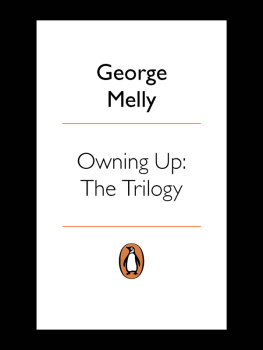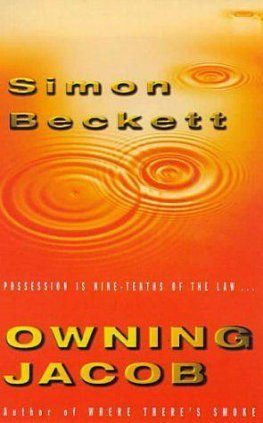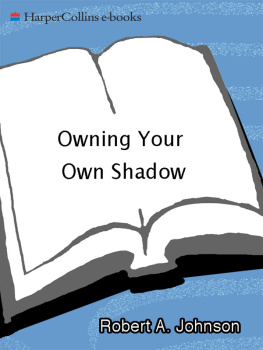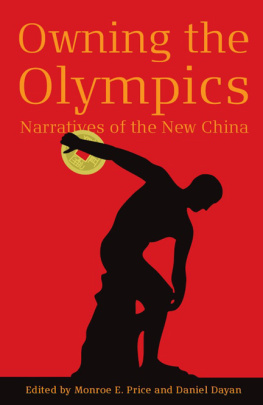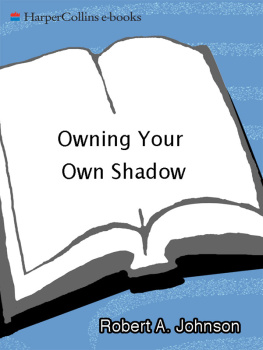Contents
George Melly
OWNING UP: THE TRILOGY
With a New Introduction and Afterword by the Author
PENGUIN BOOKS
OWNING UP: THE TRILOGY
George Melly was born in Liverpool in 1926. He made his name in the jazz revival scene of the late 40s and 50s, singing with Mick Mulligans band. In the 60s he became one of the UKs most ubiquitous critics, writers and TV personalities, and for fifteen years he wrote the storylines and balloons for Wally Fawkess (Trog) comic strip Flook. He has published a great number of books, including his acclaimed four volumes of autobiography: Slowing Down (2005), Owning Up (1965), Rum, Bum and Concertina (1977) and Scouse Mouse (1984); Revolt into Style (1970); Paris and the Surrealists (with Michael Woods, 1991); Dont Tell Sybil, a memoir of the Belgian surrealist E. L. T. Mesens, and his fishing memoir, Hooked (2001). Today he can be found singing with the trumpeter Digby Fairweather. In 2004 he was honoured with the Lifetime Achievement Award at the BBCs Jazz Awards.
For Kezzie soon and Django eventually
Introduction
Naturally I was thrilled, opening a dull post one wet February morning, to find a letter from Penguin UK offering to reprint in one volume my three separate autobiographies as part of a new series.
They told me later that the books title is Owning UpThe Trilogy. This seems to me a neat solution. Owning Up was in fact the title of my first book, the one describing the jazz world of the fifties, but the title is equally, if not more, applicable to Rum, Bumand Concertina, about my naval life in the forties, and indeed it seems to me that almost any autobiography, if free of hypocrisy, cant or special pleading, might be called Owning Up. It is surely what a writer in this genre should aim to do.
The less agreeable aspect of the otherwise encouraging letter was that I was expected to write a 1,000-word introduction. I have in the past contributed several prefaces, and have never found it at all intimidating. Ones own writing is another matter. To pass a subjective evaluation would force me to strike either self-deprecating or mock-modest Anglo-Saxon attitudes, and to avoid this essentially English predicament for Celts, the French and, above all, the Americans suffer no such inhibitions I will remain as objective as possible, leaving any subjective judgement to others. A cop-out!
The three volumes are printed here in chronological order Liverpool childhood, naval service, the fifties jazz world and theres no reason not to read them in that order. In fact, though, they were written in reverse: jazz life, bell bottoms, mewling and puking, and with quite long and irregular gaps in between; they took 19 years in toto. So, I write slowly, but why in reverse? Im quite often asked this and tend to fall back on an aphorism I happened on just in time to quote it on the cover of Scouse Mouse. It read: Life is lived forwards but understood backwards. Ive no idea who wrote it, or where I read it, but it came in handy. Nor can I decide if it makes sense or just sounds as if it did. One thing I do know it had nothing to do with the order in which I wrote my three books.
At the beginning of the sixties, regularly employed inventing the plots and dialogue for Wally Trog Fawkes strip cartoon Flook in the Daily Mail, and fulfilling other commissions including a lot of work for the BBC, I decided to leave the jazz life and see if I could earn a living through my pen.
This decision more or less coincided with my taking up with my second and indeed current wife Diana, preceding this by only a week or two but somehow proving the certainty of chance. As an envoy to the band wagon I had contributed to Vogue an article describing A Weekend in the Jazz World and asked Di if she thought it might expand into a book. Her response was to arrange a lunch with the publisher, her friend George Weidenfeld. George was famous for asking everyone he met to write a book for him but, unlike most of his invitees, I eventually did.
It was much harder than I had thought and I might well have jacked it in if the opening chapters hadnt been very highly recommended by a reader who turned out to be the late Julian Jebb. Thus encouraged, and rattling with Drinamil, I eventually delivered it and it was published as Owning Up, with a cover and illustrations by Wally Trog Fawkes.
George was nervous of it. Despite the successful outcome of the Lady Chatterley trial, he worried about the four-letter words and sexual couplings both minimal by todays standards and to hedge his bets he didnt offer me one of his lavish launch parties. Diana and I were really pissed off about that.
In the end, apart from a predictably sour dismissal by Philip Larkin, it was well received, and George, emboldened, commissioned a second volume. For a time I couldnt decide on a subject, but then my mother, who was moving to a smaller flat, asked me if I had any use for a large box full of the letters Id written to her from the Navy. Painfully slowly, I composed Rum, Bum andConcertina, this time without chemical aids.
Given the change of climate, and despite its largely homosexual theme, George was this time far less jumpy. The only thing that embarrassed him was the title, a problem he surmounted by running all the words together so that it came out as Rumbumandconcertina. This time we got our launch party.
George came back for a third helping and I will always be grateful, despite my affectionate mockery, for his faith in me.
With my mother becoming senile and my father long dead, I decided to go for my childhood. Scouse Mouse is indeed my personal favourite and was the easiest to write. I dont know why the events of over sixty years ago should be so much clearer than those of yesterday afternoon, but they are. It is also why Diana insisted that the book should be subtitled or I never got over it, and she and my son Tom kept a beady eye open for deeply purple passages. These became known as squirrels bones, a deleted image and the most shaming example.
When first published, all three books were well received, but that was then and this is now. I hope the jokes hold up and the period detail is of some interest.
To avoid hubris I find it effective, Hamlet-like, to stare at the metaphorical skull of a once well-regarded writer. There are plenty of them knocking around the literary graveyard. Hello Angus. Hows it going Colin? Well, Ill soon find out, wont I? And thats it then.
1
Place of birth: Liverpool Year: 1926. I was born a fortnight late during an August heatwave.
This took place neither in hospital, nor in my parents tiny flat in Linnet Lane, but a mile away in my grandfathers large house, The Grange, on the banks of the Mersey. I was a rickety-looking baby with a wobbling head and didnt take kindly to my mothers milk. It turned my stools bright green and I had to be weaned on Cow & Gate. I survived however and the Mellys were delighted. It seems to me odd that they should set such store on an heir in the direct line. There were no large estates to inherit and the money they left was always divided equally between sons and daughters.

